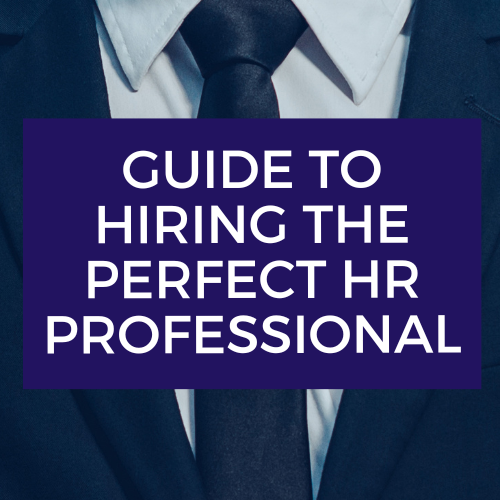It depends on factors like experience, location, and industry. Our guide offers a detailed comparison to help you understand salary ranges.
HR Business Partner Salary
Looking to understand HR Business Partner salaries in the UK? Our detailed guide is here to help both companies and HR professionals get a clear picture of market rates for this critical role.
Download HR Business Partner Salary GuideUK HR Business Partner Salary Guide
Understanding what HR Business Partners earn across the UK can feel like a challenge, but our guide simplifies the process.
Created for employers and HR specialists, it provides detailed insights into pay trends, sector-specific rates, and regional differences, so you’re fully equipped to make informed decisions.
Why refer to the HR Recruit Salary Guide?
We go straight to the source, gathering our data directly from HR professionals rather than relying on generic, computer-generated figures.
This ensures that our salary guide offers a genuine snapshot of what HR Business Partners in the UK are earning today.
How do we ensure accurate HR Business Partner Salary insights?
Our data is powered by one of the largest candidate databases in the UK, paired with insights from our bespoke online registration system.
This approach allows us to collect reliable information about salaries, benefits, and expectations directly from HR Business Partners.
By updating our guide every year with region-specific data, we ensure it stays relevant and practical for the UK market.
Factors Affecting HR Business Partner Salaries
A variety of factors can influence how much an HR Business Partner earns. Here’s what you need to consider:
- Industry-Specific Salaries: Different industries offer different salary ranges.
- Geographic Differences: Location can have a big impact on pay, with variations across the UK.
- Experience and Expertise: Skills and years of experience play a key role in setting salary levels.
- Market Trends: Supply and demand in the job market directly affect salary expectations.
- Career Growth: A professional’s career trajectory can influence what they earn.
- Professional Qualifications: Advanced qualifications often lead to higher salaries.
- Recruitment Scenarios: Factors like temporary vs permanent roles can affect pay.
- Additional Benefits: Perks such as bonuses and healthcare add to overall compensation.
- Organisational Fit: Employers often adjust salaries based on how well a candidate aligns with their company culture.
- Salary Expectations: What candidates hope to earn versus what the industry offers.
Our guide delves deeper into these factors and includes detailed comparisons across regions to help you align salaries with current market standards.
Why Download our HR Business Partner Salary Guide?
Our guide breaks down salaries across different UK regions and company sizes, offering a clear view of how pay varies.
Whether you’re comparing small business salaries to those at larger organisations or looking at regional differences, this guide provides a comprehensive overview to help you understand the bigger picture.
Download the Complete UK HR Business Partner Salary figures (PDF)
Find out what UK companies are offering in HR Business Partner compensation based on industry size and region. Download the HR Business Partner Salary Now.
Download HR Business Partner Salary GuideFrequently Asked Questions
Larger organisations and specific sectors often provide higher salaries, reflecting the added responsibilities of the role.
Absolutely. London, for example, tends to offer higher salaries due to the competitive job market and higher cost of living.
In addition to their salary, HR Business Partners typically receive perks like pensions, bonuses, and private healthcare. Our guide covers these in detail.
Experience matters a lot. Seasoned professionals with proven expertise tend to command higher pay. The guide includes salary ranges based on experience levels.
Yes, factors like economic shifts and demand for HR roles can impact salaries. Our guide explores these trends and their effects.
The right qualifications, such as professional HR certifications or a relevant degree, can significantly boost earning potential.
Temporary and permanent roles often have different pay structures. Our guide contrasts these to give you a clearer understanding.






